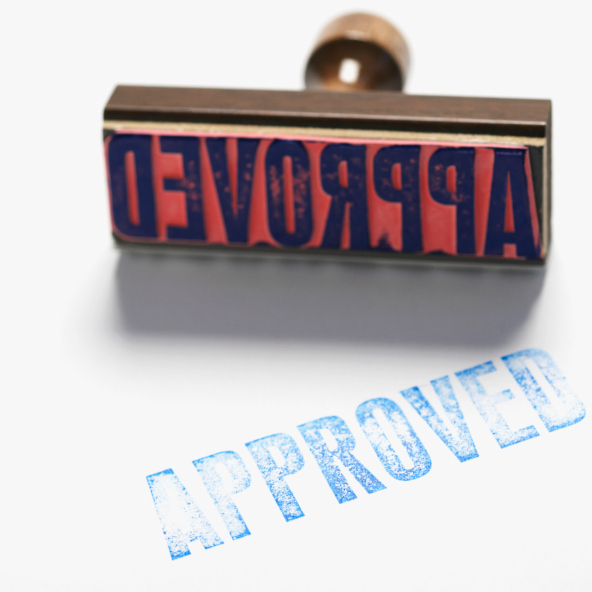 A monthly mortgage can seem like enough of a financial responsibility on its own, but there are many factors involved in home ownership that affect its fiscal feasibility. If you’re in the market for a house and are wondering how your income will stack up against the rest of your expenses, here’s how to determine a home cost that’s reasonable for you.
A monthly mortgage can seem like enough of a financial responsibility on its own, but there are many factors involved in home ownership that affect its fiscal feasibility. If you’re in the market for a house and are wondering how your income will stack up against the rest of your expenses, here’s how to determine a home cost that’s reasonable for you.
Determine Your Down Payment
Before you start with anything else, you’ll want to determine the amount of money you can put down so you can estimate your monthly payments. The traditional amount for a down payment is 20% of the home’s purchase price, so if you don’t have anything close to this amount it might be worth waiting a little longer so you can minimize your payments and the amount of interest or mortgage insurance you’ll be paying in the long run. Each person’s situation is different, and there may be programs available with less than 20% down. This is an excellent question to pose to your trusted mortgage advisor.
Calculate Your Monthly Budget
If your mortgage cost already seems high, it will definitely be worth carefully calculating your monthly expenditures. Instead of a wild guess, take the time to sit down and calculate what your costs are including food, utilities, transportation and any other monthly necessities. Once you do this, it’s also very important to add any debt repayments you’re making to the mix. The total amount of your estimated mortgage costs, debt payments and living expenses should give you a pretty good sense of if your mortgage is viable in the long term.
Don’t Forget About The Extras
When it comes to purchasing a home, many people envision that they will be eating and sleeping their new home so don’t pay attention to all of the additional costs that can arise with living life. A new home is certainly an exciting, worthwhile financial venture, but ensure you’re realistic about what it entails. If you’re planning to go back to school or have children in the future, you’ll want to add a little bit of extra cushion in your budget so that you don’t have to put your other dreams on hold for the sake of your ideal home.
It can be very exciting to find a home you feel good about, but it’s important before making an offer to realize the amount of house you can afford so you don’t find yourself in a hole down the road. If you’re currently on the market for a new home, contact your trusted mortgage professional for a personal consultation.
 Many homeowners are struggling to keep up with their mortgage payments on a monthly basis, and it can often seem like there are limited options for remedying the situation. If you haven’t heard of HARP refinancing and you’re a homeowner who’s looking for a lower interest rate, this may be the right solution to your payment woes. Instead of letting the opportunity blow by, here’s all you need to know before this option ends in 2016.
Many homeowners are struggling to keep up with their mortgage payments on a monthly basis, and it can often seem like there are limited options for remedying the situation. If you haven’t heard of HARP refinancing and you’re a homeowner who’s looking for a lower interest rate, this may be the right solution to your payment woes. Instead of letting the opportunity blow by, here’s all you need to know before this option ends in 2016. Traditionally, getting a mortgage requires you to have a level of income appropriate to the size of home that you’re buying. But for a lot of low-income and minority borrowers, a simple measure of one person’s income isn’t an accurate measure of whether or not that person can afford a home.
Traditionally, getting a mortgage requires you to have a level of income appropriate to the size of home that you’re buying. But for a lot of low-income and minority borrowers, a simple measure of one person’s income isn’t an accurate measure of whether or not that person can afford a home. Buying a home isn’t cheap. But if you’re determined to become a homeowner, the FHA home loan program can help. This loan program, ideal for first-time buyers with low incomes, can help you to build your credit and make home ownership a reality.
Buying a home isn’t cheap. But if you’re determined to become a homeowner, the FHA home loan program can help. This loan program, ideal for first-time buyers with low incomes, can help you to build your credit and make home ownership a reality. If you’re in the market for a new home, you’ll most likely need a mortgage in order to afford it. But for some home buyers, getting a mortgage isn’t easy. Banks and other lenders are often hesitant to lend money to certain consumers, often for good reason.
If you’re in the market for a new home, you’ll most likely need a mortgage in order to afford it. But for some home buyers, getting a mortgage isn’t easy. Banks and other lenders are often hesitant to lend money to certain consumers, often for good reason. The mortgage process is a long and complicated one, with a number of similar-sounding terms that can easily confuse first-time homebuyers. A pre-approval is not the same thing as a pre-qualification, and it’s important to understand everything that goes into a pre-approval. Being declined during the pre-approval process means you’ll have a hard time getting the funds you need to buy your home, so it’s important that you know what the process is going to look like before going into it.
The mortgage process is a long and complicated one, with a number of similar-sounding terms that can easily confuse first-time homebuyers. A pre-approval is not the same thing as a pre-qualification, and it’s important to understand everything that goes into a pre-approval. Being declined during the pre-approval process means you’ll have a hard time getting the funds you need to buy your home, so it’s important that you know what the process is going to look like before going into it.